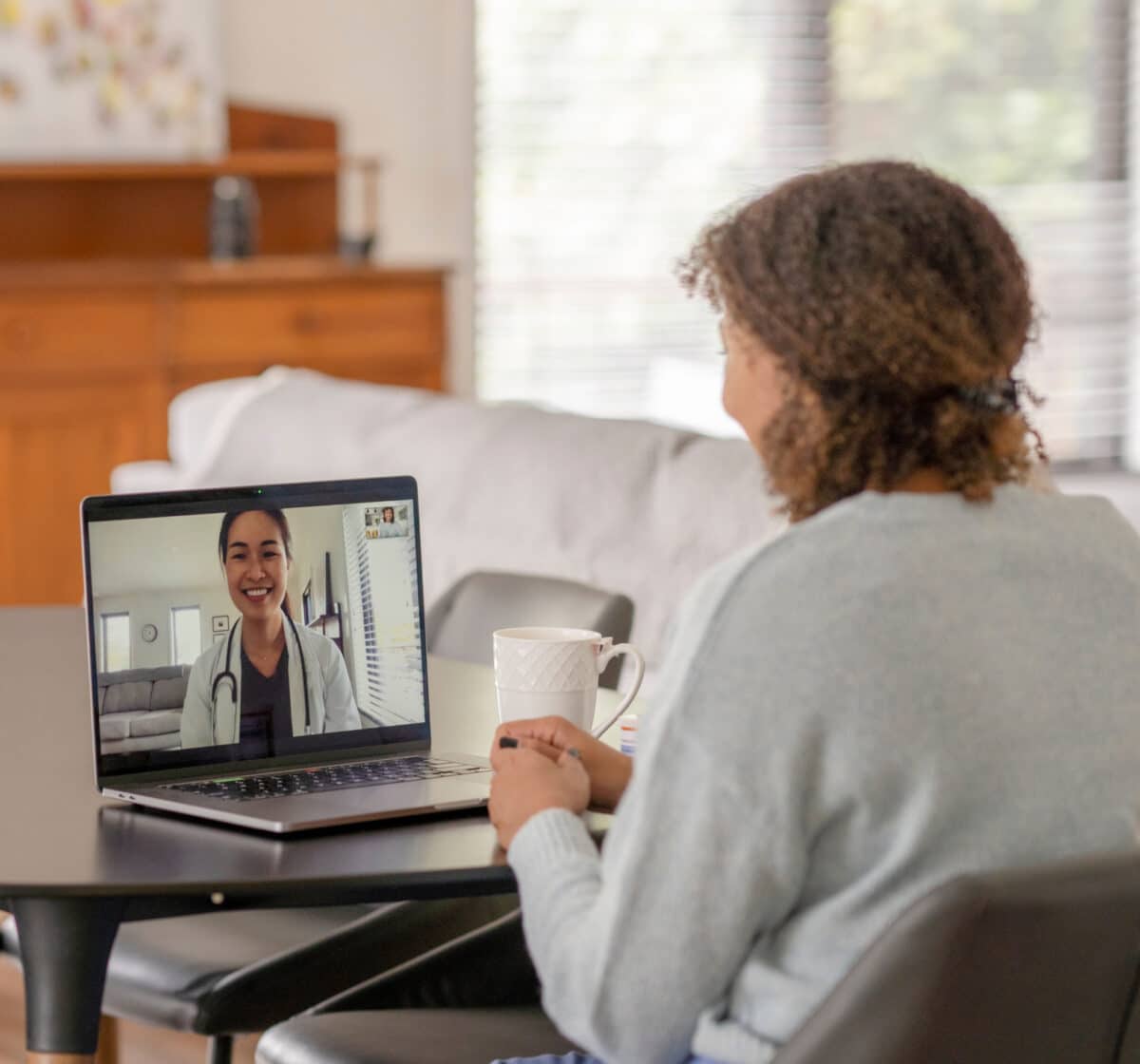Oshi Learn
Your go-to resource for expert advice and insights on all things gut health.
Your go-to resource for expert advice and insights on all things gut health.
No results found.
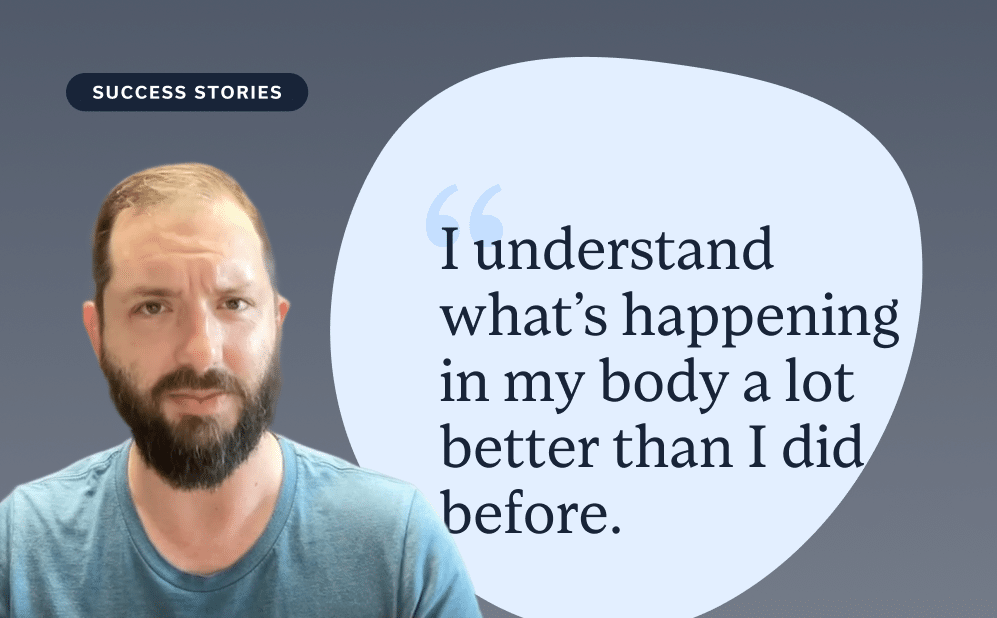


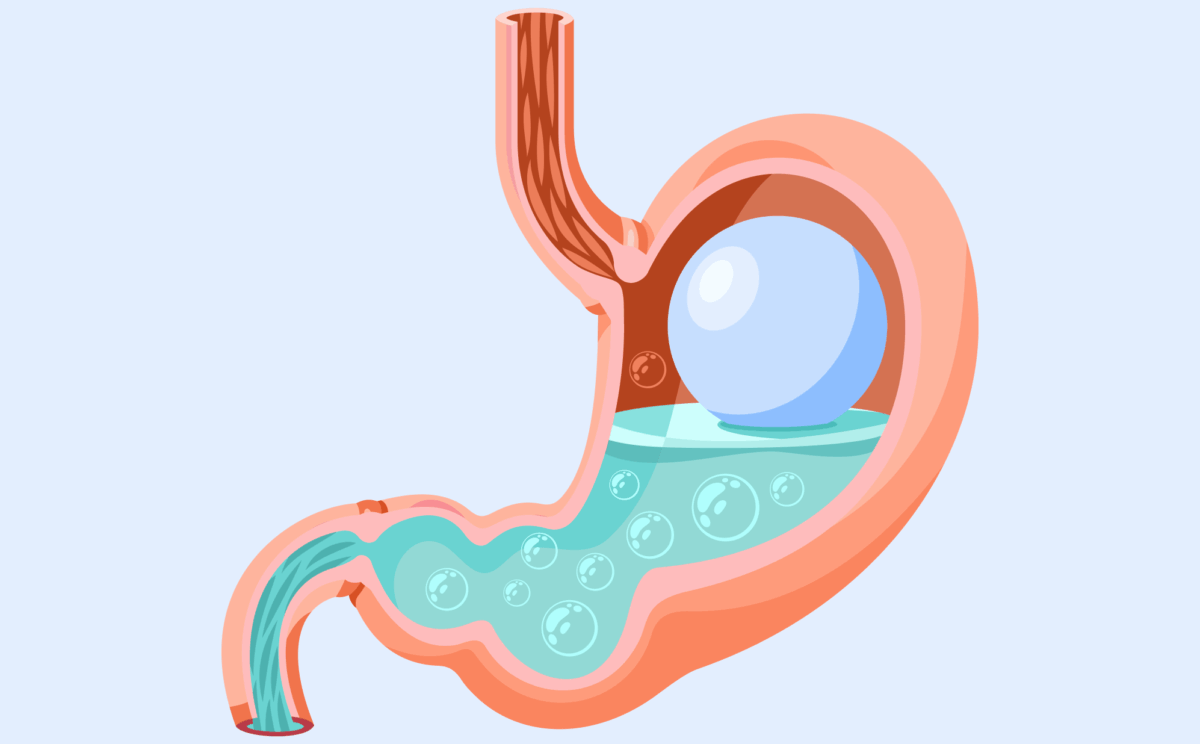
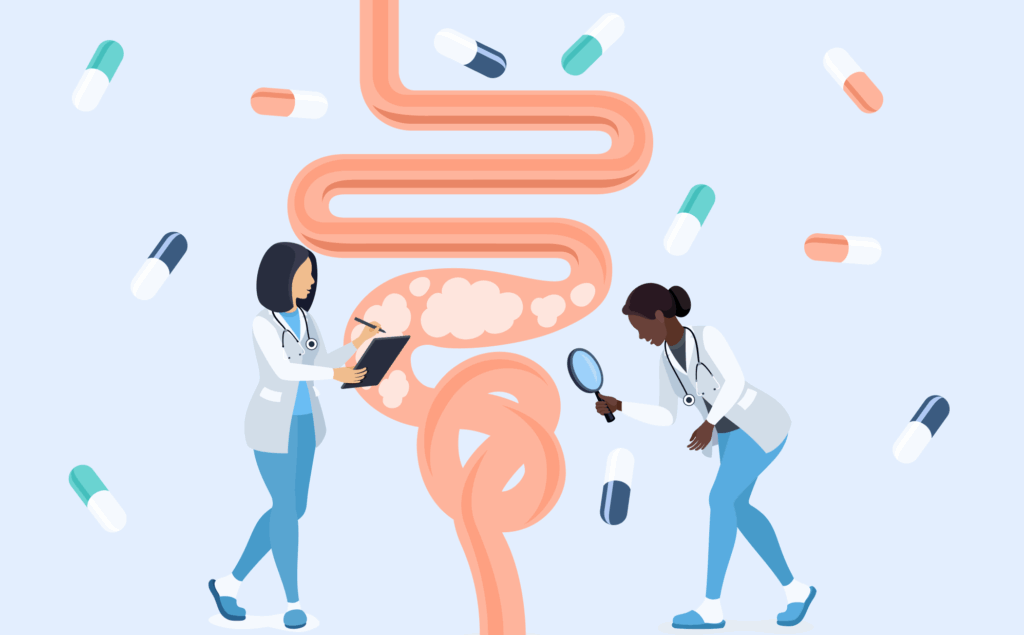
If you have irritable bowel syndrome (IBS), you experience abdominal discomfort as well as changes in your bowel movements or habits. The...
Read More
Raise your hand if you’ve ever dived into a midday or late-night snack attack. Most likely, we all have our hands raised (I, for one, am a...
Read More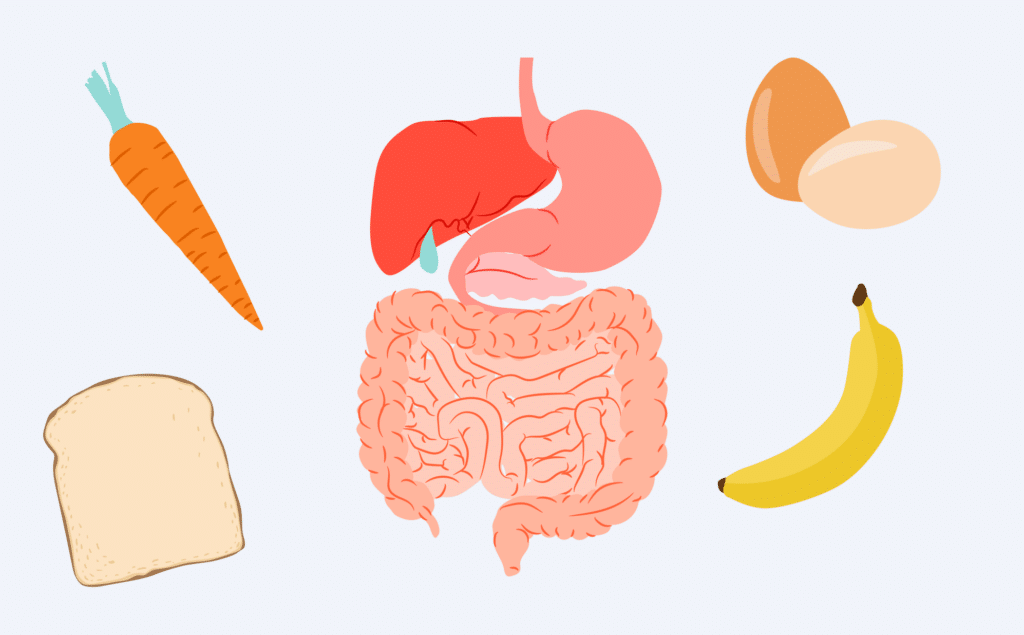
“I don’t think my stomach can handle that,” I sometimes say when my husband is weighing the evening’s dinner options. If I’m experiencing...
Read More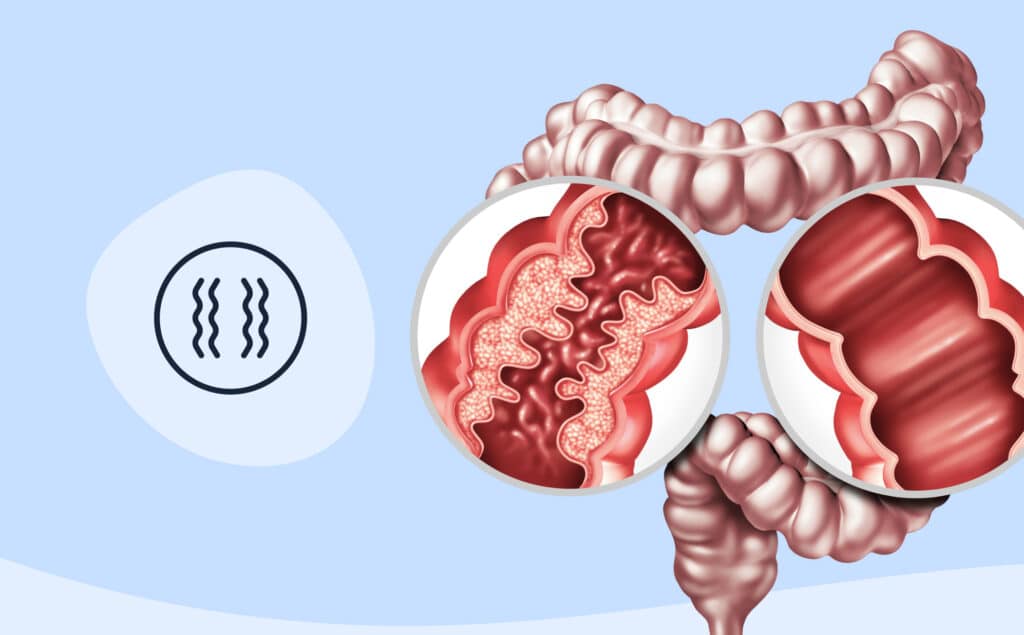
If you’re living with an inflammatory bowel disease (IBD) like ulcerative colitis or Crohn’s disease, you’re probably very aware that it...
Read More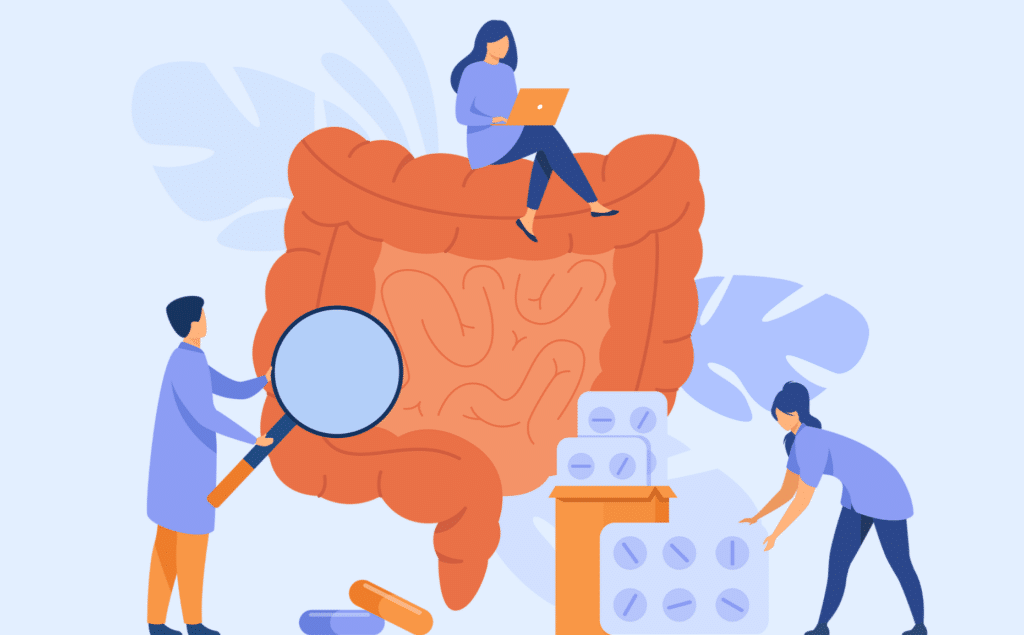
Many of us have probably experienced this exact moment: You’re enduring gastrointestinal (GI) symptoms, such as bloating and a stomach...
Read More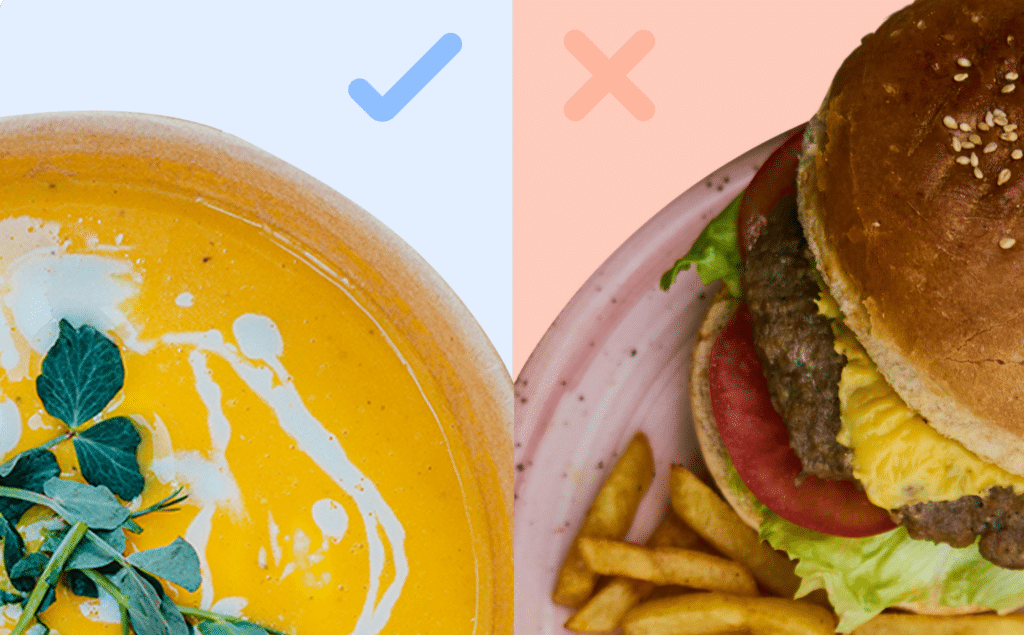
Eating healthy can feel much more confusing than it should be. One website may tell you that eggs are a great source of protein, and...
Read More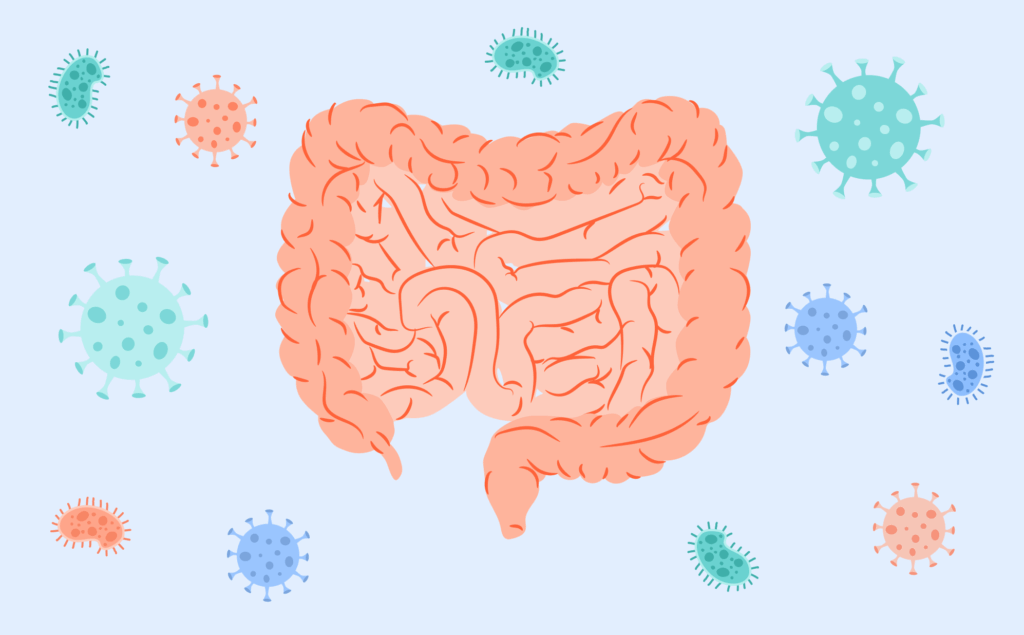
The phrase “leaky gut syndrome” is interesting, since it’s not a true medical term, yet the social media hive mind seems to constantly...
Read More
Do you ever feel your stomach clench up when you eat something that disagrees with you? Or maybe you’ve felt it do flips when your Uber...
Read More
Depending on how often you experience sulfur burps—and if you’re experiencing any other gastrointestinal (GI) symptoms—these burps may be a...
Read More
Everyone experiences constipation—the sensation that you need to poop but can’t—from time to time. Or you may feel incomplete relief from...
Read More
Do you ever feel your stomach clench up when you eat something that disagrees with you? Or maybe you’ve felt it do flips when your Uber...
Read More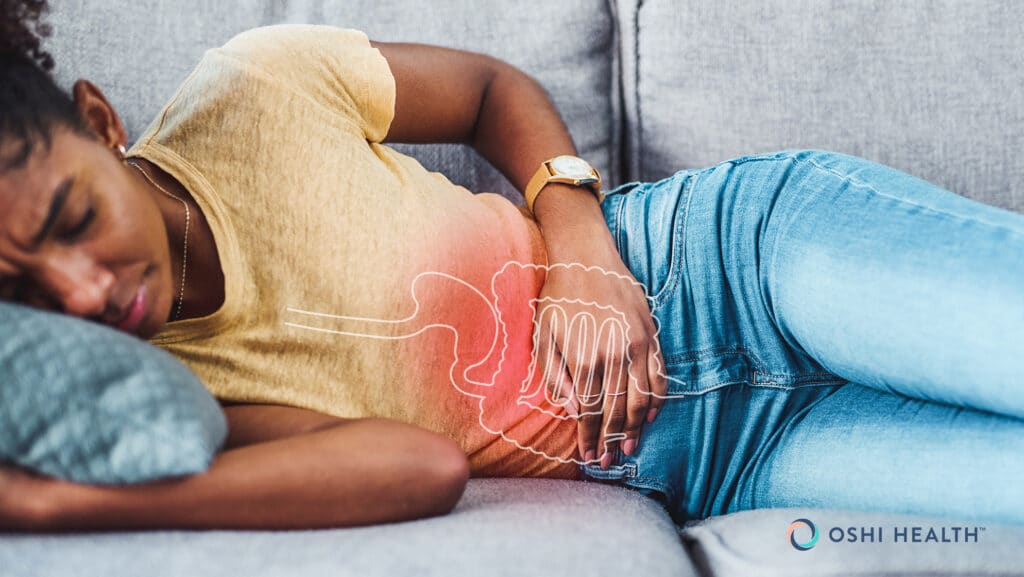
“How do I know when to see a gastroenterologist?” Many people have asked themselves this question when experiencing an ongoing...
Read More
Maybe it’s been a stressful few weeks, and you’re experiencing tension in your body, excessive worrying, and a lack of energy. At the same...
Read More
“How do I know when to see a gastroenterologist?” Many people have asked themselves this question when experiencing an ongoing...
Read More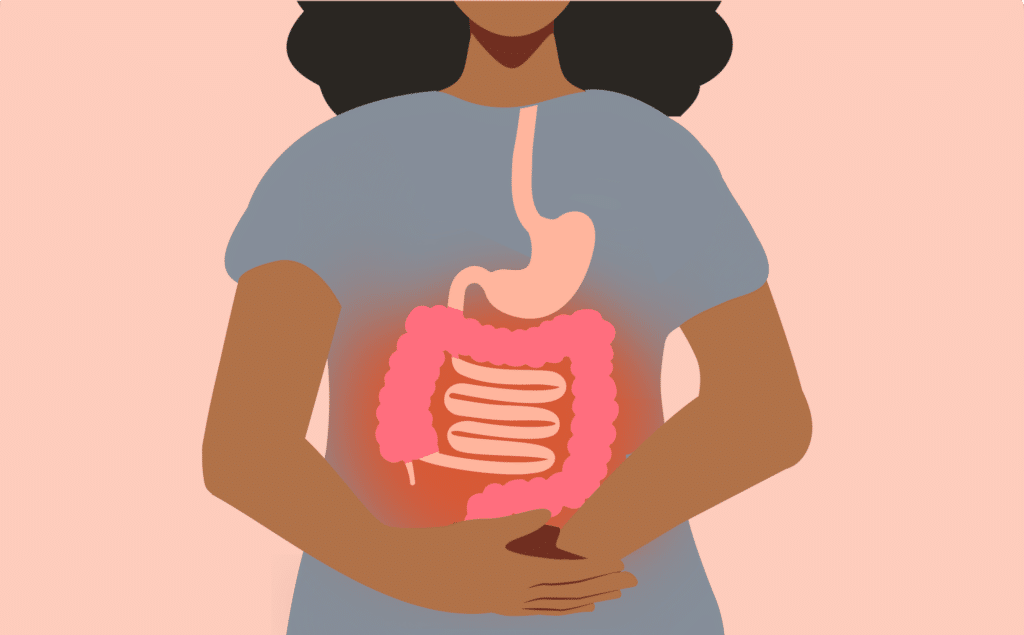
While the right nutritional approach to manage SIBO symptoms differs from person to person, there is a process to discover what foods to...
Read More
Do you ever feel your stomach clench up when you eat something that disagrees with you? Or maybe you’ve felt it do flips when your Uber...
Read More
Maybe it’s been a stressful few weeks, and you’re experiencing tension in your body, excessive worrying, and a lack of energy. At the same...
Read More
Many of us have probably experienced this exact moment: You’re enduring gastrointestinal (GI) symptoms, such as bloating and a stomach...
Read More
Raise your hand if you’ve ever dived into a midday or late-night snack attack. Most likely, we all have our hands raised (I, for one, am a...
Read More
“I don’t think my stomach can handle that,” I sometimes say when my husband is weighing the evening’s dinner options. If I’m experiencing...
Read More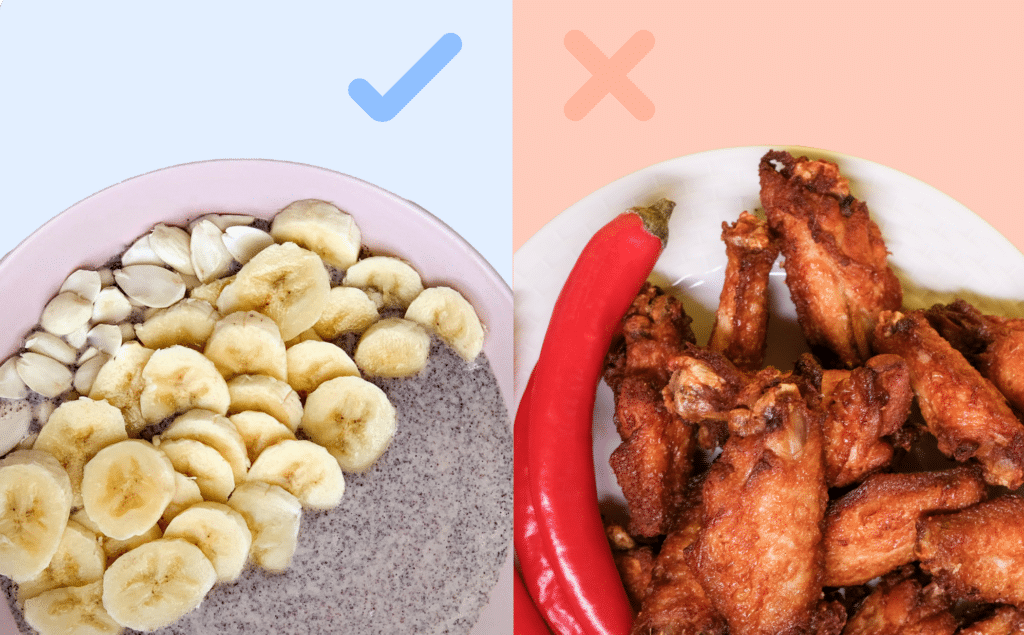
Acid reflux is decidedly unfun. It often causes irritation or that burning sensation known as heartburn. I’ve had firsthand experience with...
Read More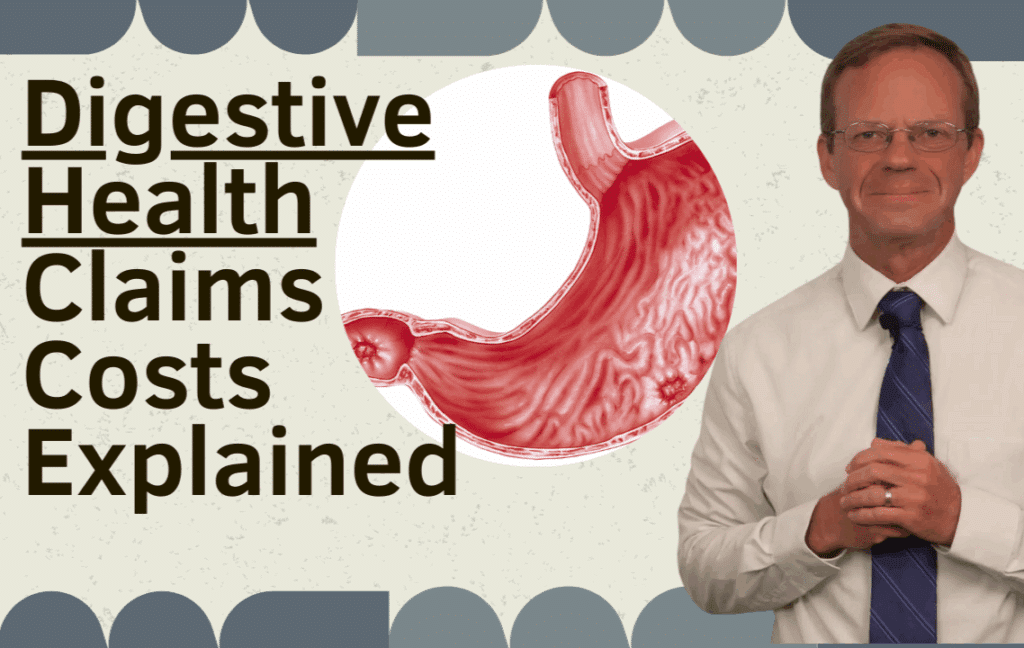
Digestive Health Claims Cost Explained A significant portion of healthcare claims stems from a common area: digestive health. 61% of people...
Read More
Many of the benefits working Americans rely on today were won through the hard work and advocacy of labor unions. As the cost of healthcare...
Read More
ROI claims are plentiful, and most are made without concrete evidence or transparency–so why would you trust them to live up to their...
Read More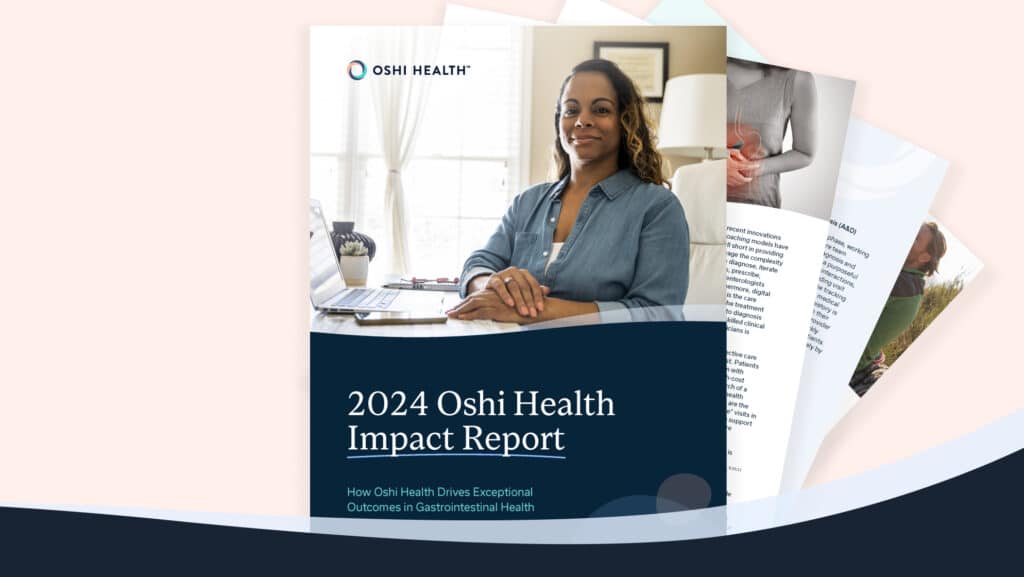
A rigorous analysis of more than 8,800 patients over three years details the results of Oshi’s virtual multidisciplinary care on patient...
Read More
How were GI symptoms impacting your quality of life before you found Oshi Health? So life before Oshi was very miserable. I was trying a...
Read More
What was your life like before you found Oshi Health? I was diagnosed with irritable bowel syndrome 4 years ago. My doctor prescribed some...
Read MoreWe’re committed to providing you with digestive health information that’s comprehensive, evidence-based, inclusive, and helpful. Our editorial standards include a two-step medical review process and reflect our content values.
The content provided is for educational and informational purposes only. Please consult with a healthcare provider for medical advice.
